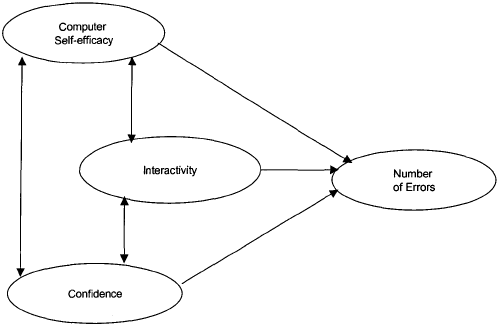Authors
Steven T. Takaki
Abstract
Spreadsheet programs are widely used in business and government. Unfortunately, there is strong evidence that many spreadsheets contain errors. In spite of the importance of spreadsheets in decision-making, studies have shown consistently that end-user spreadsheet developers rarely test their models thoroughly after development in the manner that professional programmers test software.
One contributing factor to both error rates and the lack of post development testing may be that spreadsheet developers are overconfident in the correctness of their spreadsheets. Overconfidence is a widespread human tendency, and it has been demonstrated among spreadsheet developers.
When people are overconfident, their "stopping rules" for error detection during and after development may be premature, causing them to stop checking before they should. This may contribute to the number of errors.
At the same time, a research construct that appears to be closely related is selfefficacy, which has been shown that high self-efficacy is positively related to computer task performance, including spreadsheet performance (although not specifically to error reduction performance).
The findings from this research concluded that people with high self-efficacy and high confidence make fewer errors than those with low self-efficacy and high confidence. Also, a "think-aloud" protocol analysis of a subset of subjects observed a lack of system design and analysis effort and a minimal amount of testing during the development of spreadsheet tasks.
Sample

A multiple regression model determined the relationship between the two affective constructs of computer self-efficacy and confidence and their interaction with the number of spreadsheet errors.
People with higher computer self-efficacy and higher confidence make fewer errors than those with lower computer self-efficacy and higher confidence.
Also, people with high computer self-efficacy and lower confidence make more spreadsheet errors than those with lower computer self-efficacy and lower confidence.
Publication
2005, Ph.D thesis, University of Hawaii, August
